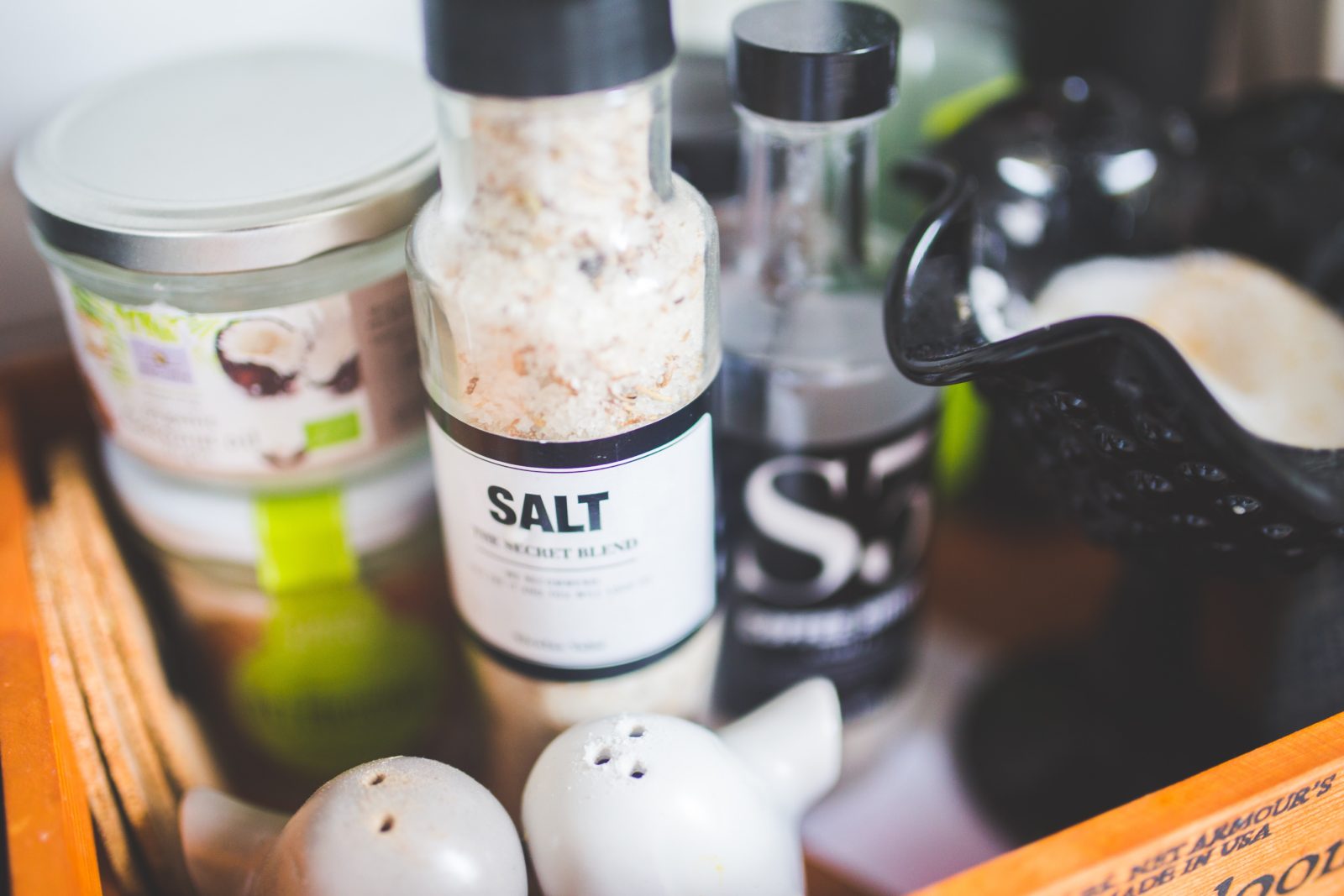Open up the pantry in every home and you will no doubt find salt there. We use it to enhance the flavors of our favorite dishes, bringing out that perfect taste. It can curb bitterness or enhance sweetness (think of the salted caramel craze) and is extremely versatile.
But there’s more to salt than just the typical shaker of salt. Many different varieties of salt exist and knowing which ones will enhance your dishes best can take your cooking to the next level. Keep reading to learn more about different types of salt and how you can use them in your kitchen.
1. Table Salt
We’ll start with the most common of salts. When harvested, it has impurities removed and then is finely-ground. Anti-caking agents are thrown in for good measure to keep it from clumping. It’s usually iodized, giving you an extra dose of iodine to help keep you well. You can add it in as you cook or add it afterward to adjust to your tastes.
2. Sea Salt
We get sea salt from evaporated sea water. It’s unrefined and much coarser than common table salt. The minerals that are removed from table salt are left intact in sea salt, adding more complexity to the taste. It’s best used sprinkled on top of food because it provides bigger flavor.
3. Kosher Salt
Believe it or not, kosher salt is not certified kosher. It is what’s used during the koshering process though. You can use kosher salt to sprinkle on top of meats which will give it a nice flavor. The larger grain has a more robust feel, plus it dissolves quickly so you can use it in just about anything. It doesn’t contain iodine though.
4. Himalayan Pink Salt
Want a purer salt? Try Himalayan pink salt. It comes from the Himalayan Mountains and has a rich profile of minerals, 84 of them to be exact. It brings a bolder flavor to the table than other types of salts. You can use it to cook with or finish with. It also adds a pretty color.
5. Fleur De Sel
Leave it to the French to create a beautiful word for sea salt. The literal meaning is “flower of salt,” and it’s a sea salt that is hand-harvested off the coast of France. The crystals are ultra-thin, and because it is so delicate to harvest, it is regarded in the same way as caviar. It is well-worth the investment though, for it adds an impressive finish to anything from meats, seafood, and vegetables to decadent sweets.
6. Red Hawaiian Salt
Reddish in color, this is the salt to use for a beautiful finish on your seafood and meats. In Hawaii, it has always been used for ceremonial purposes, and for traditional dishes of the Hawaiian islands including pipikaula, a type of jerky, and poke. If you only have table salt in your kitchen, try branching out with another type of salt for a simple way to add more flair to your food.
